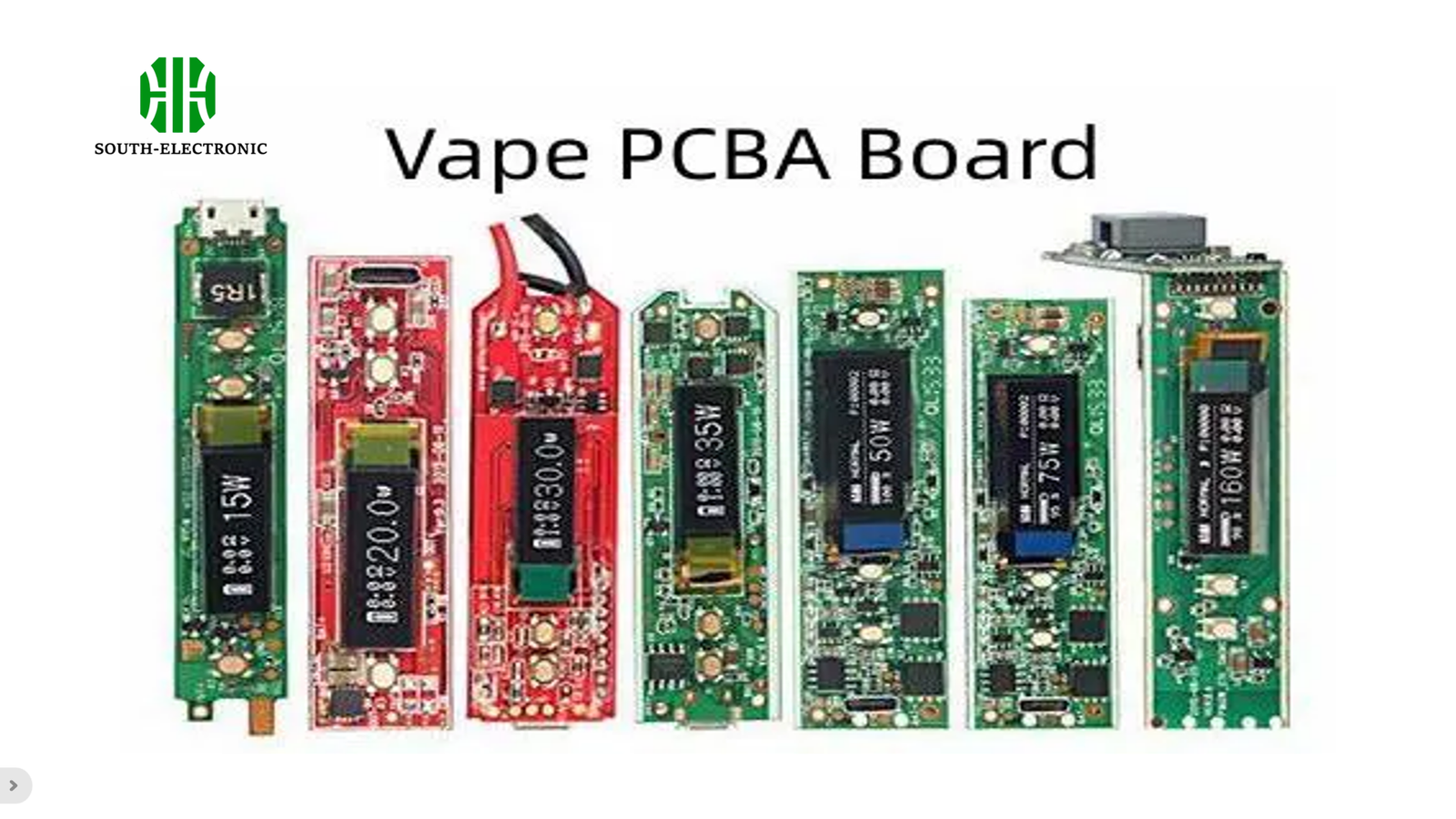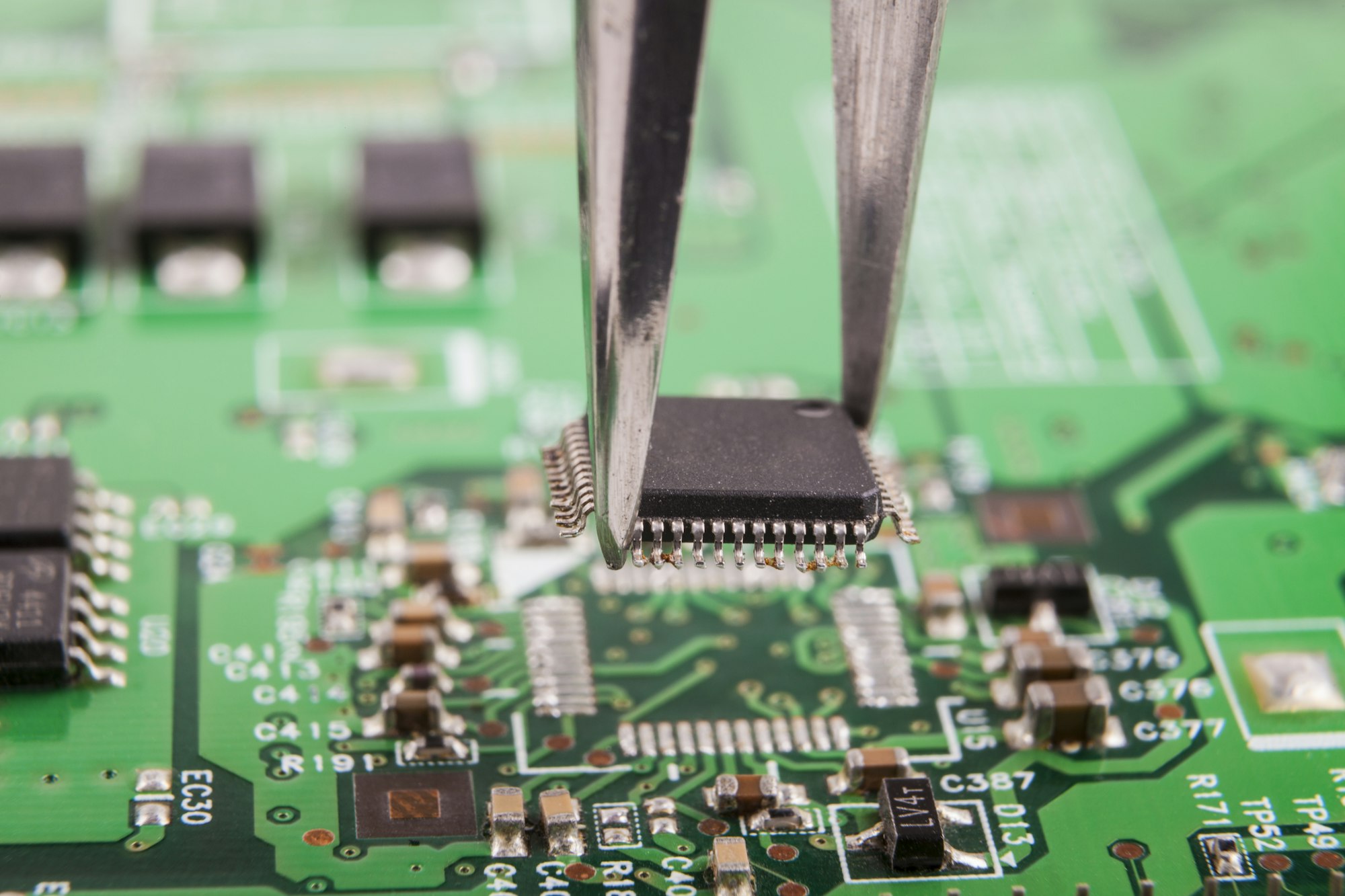Vape suddenly stopped working? That’s frustrating. You feel confused about why it failed. Understanding vape circuits solves this problem.
Vape circuits contain five essential parts: battery (power source), atomizer coil (heating element), e-liquid reservoir, activation button/sensor, and PCB control board managing safety features like overheat protection and power regulation.
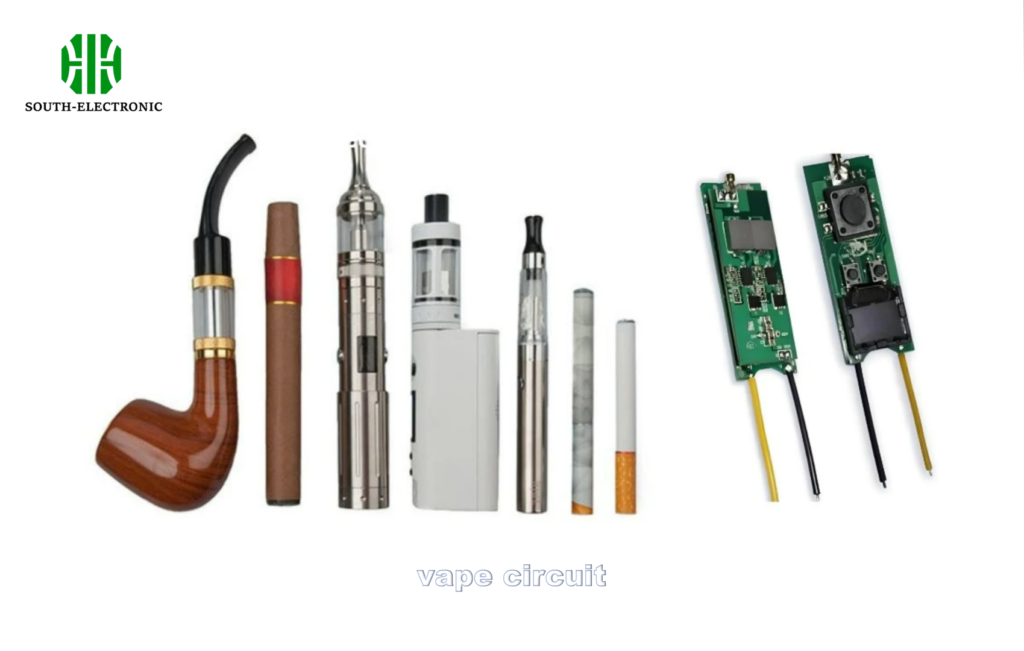
Now you know the basic structure. But building reliable vapes needs deeper knowledge. Let’s explore critical manufacturing and performance factors next.
What should I look for when choosing a vape PCB manufacturer?
Disappointed by faulty vape devices? That happens often. You need trustworthy partners to prevent safety risks.
Select manufacturers with ISO 9001 certification, RoHS compliance documentation, and proven experience designing battery management systems. Verify their testing protocols for thermal runaway prevention.
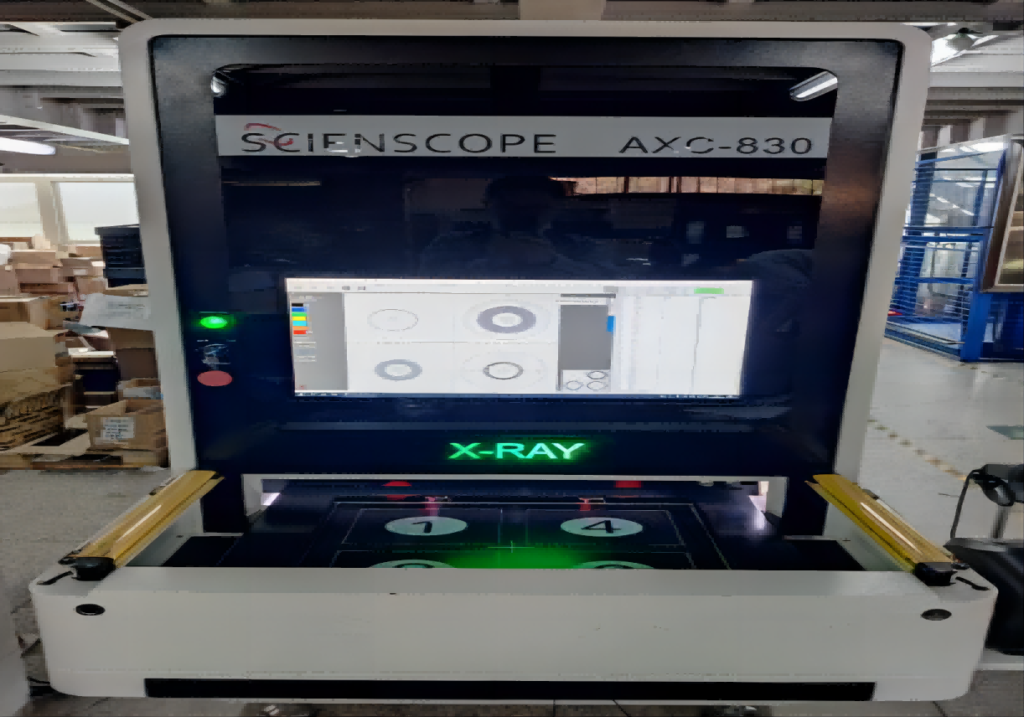
Critical Selection Factors
Consider three key areas when evaluating manufacturers: technical capability, quality control, and regulatory adherence.
Technical Expertise
- Battery protection circuit design
- Compact PCB layout optimization
- Custom firmware programming
Quality Systems
| Checkpoint | Why It Matters |
|---|---|
| Component traceability | Prevents counterfeit parts |
| Burn-in testing | Detects early failures |
| Environmental tests | Ensures humidity resistance |
Certification Proof
Demand current certificates. Fake paperwork exists. Visit factories personally if possible. Ask about their supply chain vulnerabilities.
Reliable suppliers also offer design assistance. They suggest cost-saving material substitutions without compromising safety.
How can I optimize a vape circuit for better performance?
Annoyed by weak vapor production? You want richer flavor and longer battery life.
Boost performance by upgrading MOSFET switches, shortening wire paths, and optimizing coil resistance matching with battery output curves.
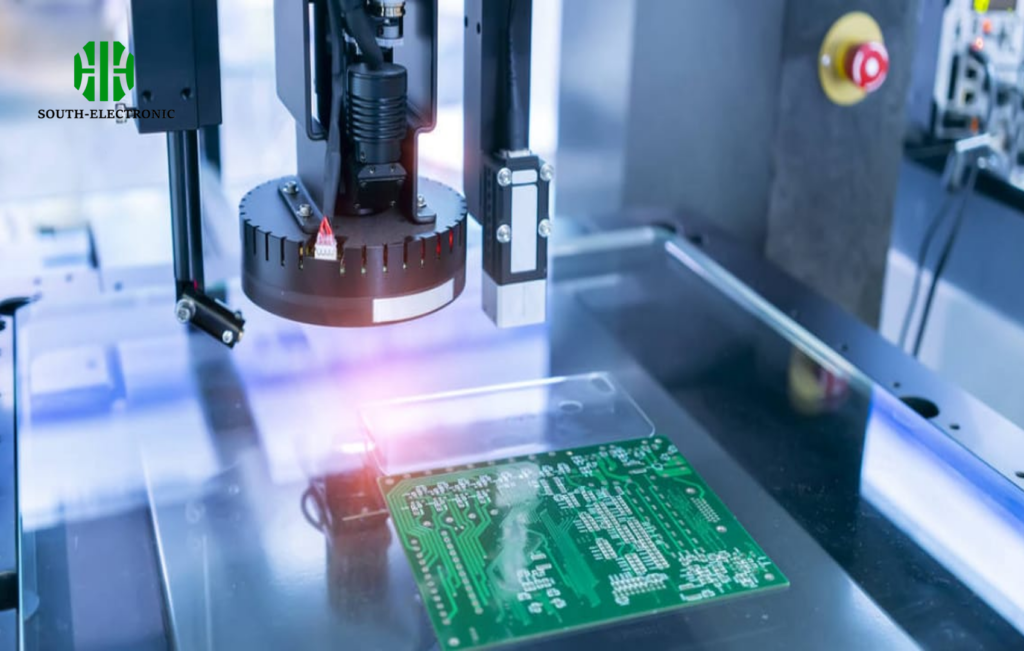
Optimization Techniques
Focus on three improvement zones: efficiency, heat management, and user experience.
Power Efficiency
- Use gold-plated connectors to reduce voltage drop
- Implement pulse-width modulation (PWM) for battery saving
- Choose high-drain batteries like 18650 cells
Heat Control Methods
| Method | Benefit |
|---|---|
| Thermal paste | Faster heat dissipation |
| Separated coil chambers | Prevents e-liquid overheating |
| Temperature sensors | Auto power adjustment |
User Experience Tweaks
Shorten button response time under 0.3 seconds. Program customizable power curves via Bluetooth. Reduce circuit noise interference.
What certifications are crucial for vape PCBs?
Worried about exploding devices? Certification gaps cause these disasters.
Must-have certifications include UL 8139 for electrical safety, IEC 62133 for batteries, and FCC Part 15 for electromagnetic compliance.

Certification Breakdown
Understand three protection categories: electrical safety, battery safety, and emissions control.
Electrical Safety Certs
UL 8139 proves short-circuit protection. CE marking shows compliance with EU regulations. These prevent electrical fires.
Battery Requirement Certs
| Standard | Focus Area |
|---|---|
| IEC 62133 | Thermal runaway prevention |
| UN 38.3 | Transportation safety |
| RoHS 3 | Hazardous material limits |
Signal Compliance
FCC certification stops signal jamming. Test reports should be under 18 months old. Look for surprise facility audits. Always demand documentation.
Conclusion
Identifying vape circuit components helps evaluate devices. Choosing certified PCBs enhances safety while optimization improves satisfaction.

